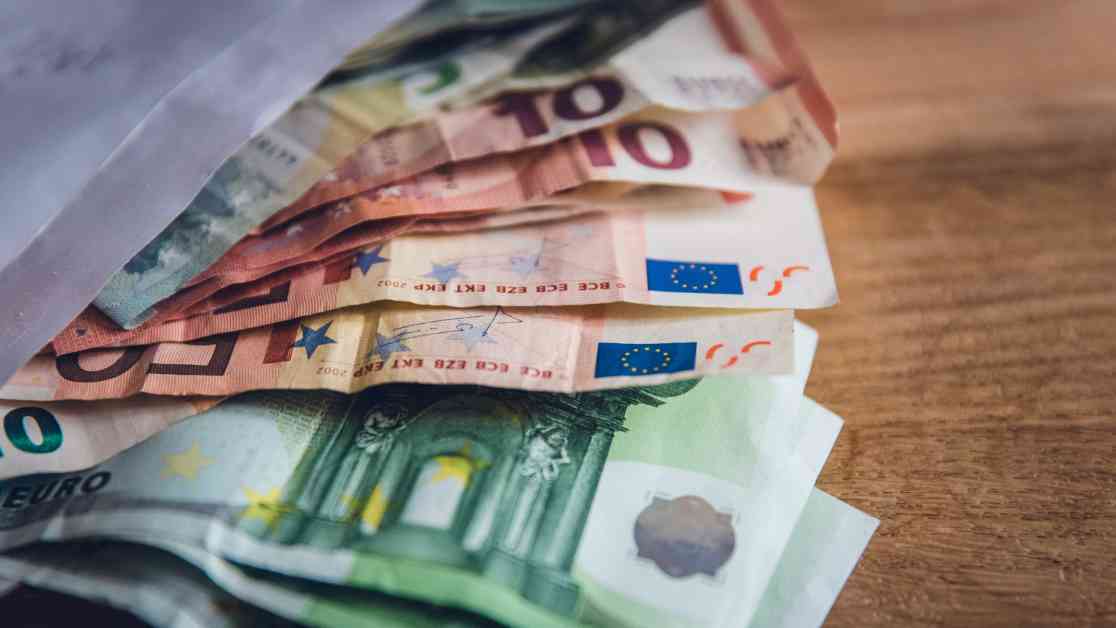If you’re looking for quick returns on your money, you won’t find it in your savings account. The interest rates are low, so your savings grow slowly. However, many people still keep their hard-earned money in the bank. But what happens to your savings if the bank goes bankrupt?
Most Dutch people have little to fear. The vast majority of banks in our country fall under the deposit guarantee scheme. This means that you will receive a maximum compensation of €100,000 per account holder, per bank if the bank goes under. If you have a joint account with your partner, the limit doubles, so you both receive a maximum compensation of €100,000 per person, totaling €200,000.
On average, households in the Netherlands have around €49,500 in savings, with a median of €20,100 in savings. So, if the bank goes bankrupt, you probably don’t have to worry about losing all your savings.
Curious if the bank where you save also falls under the deposit guarantee scheme? Chances are high: all banks with a Dutch banking license fall under the deposit guarantee scheme. If you save at a bank in another European country, the coverage is also a maximum of €100,000. However, each country must ensure this guarantee themselves.
In addition to paying taxes on your income, you also pay taxes on your savings. Not if you have €5,000 in the bank, but from a higher amount. The Tax Authorities look at your total assets on January 1 of each year. This means that even if your bank goes bankrupt during the year, your savings at the beginning of the year still count towards your tax return. If your money is repaid under the deposit guarantee scheme, it remains part of your taxable assets.
It’s important to be aware of these details regarding your savings and the safety nets in place to protect your money in case of a bank failure. Remember to regularly review your financial situation and make informed decisions about where to keep your savings to ensure financial security in the long run.





















